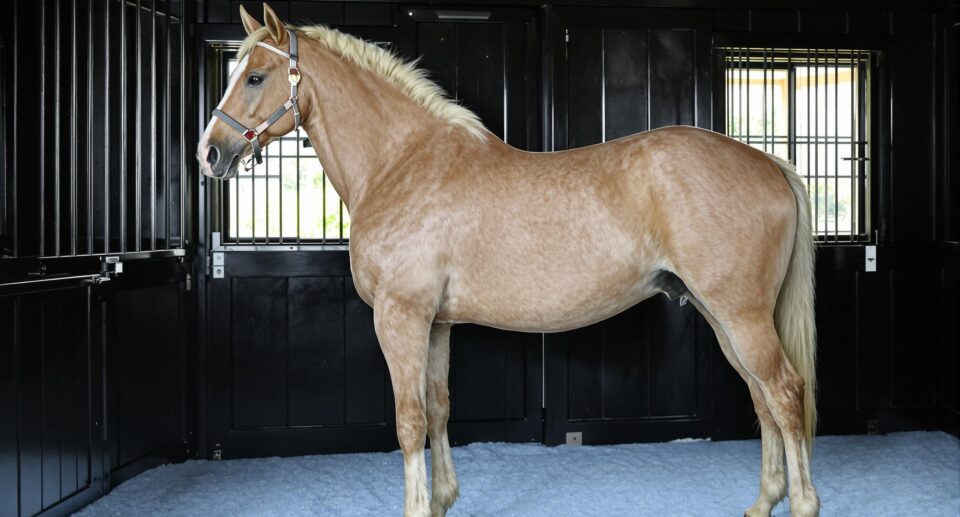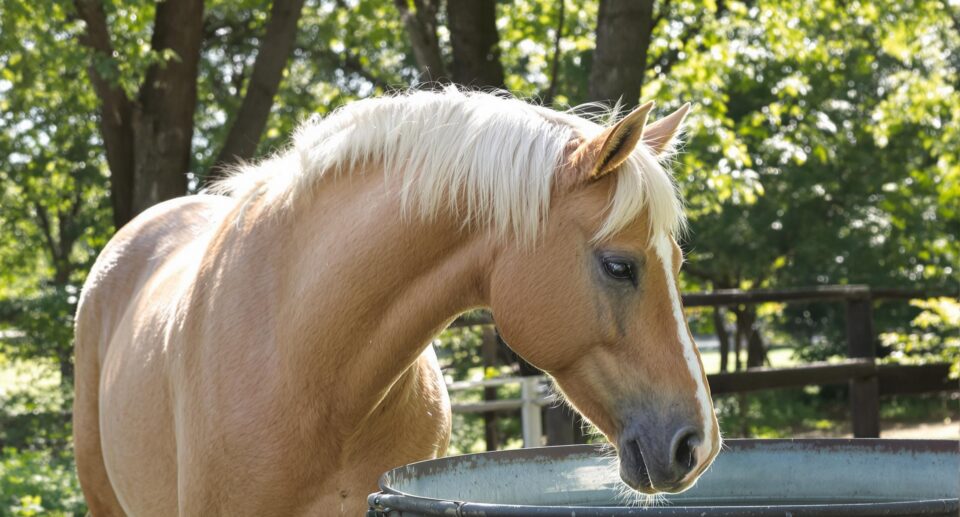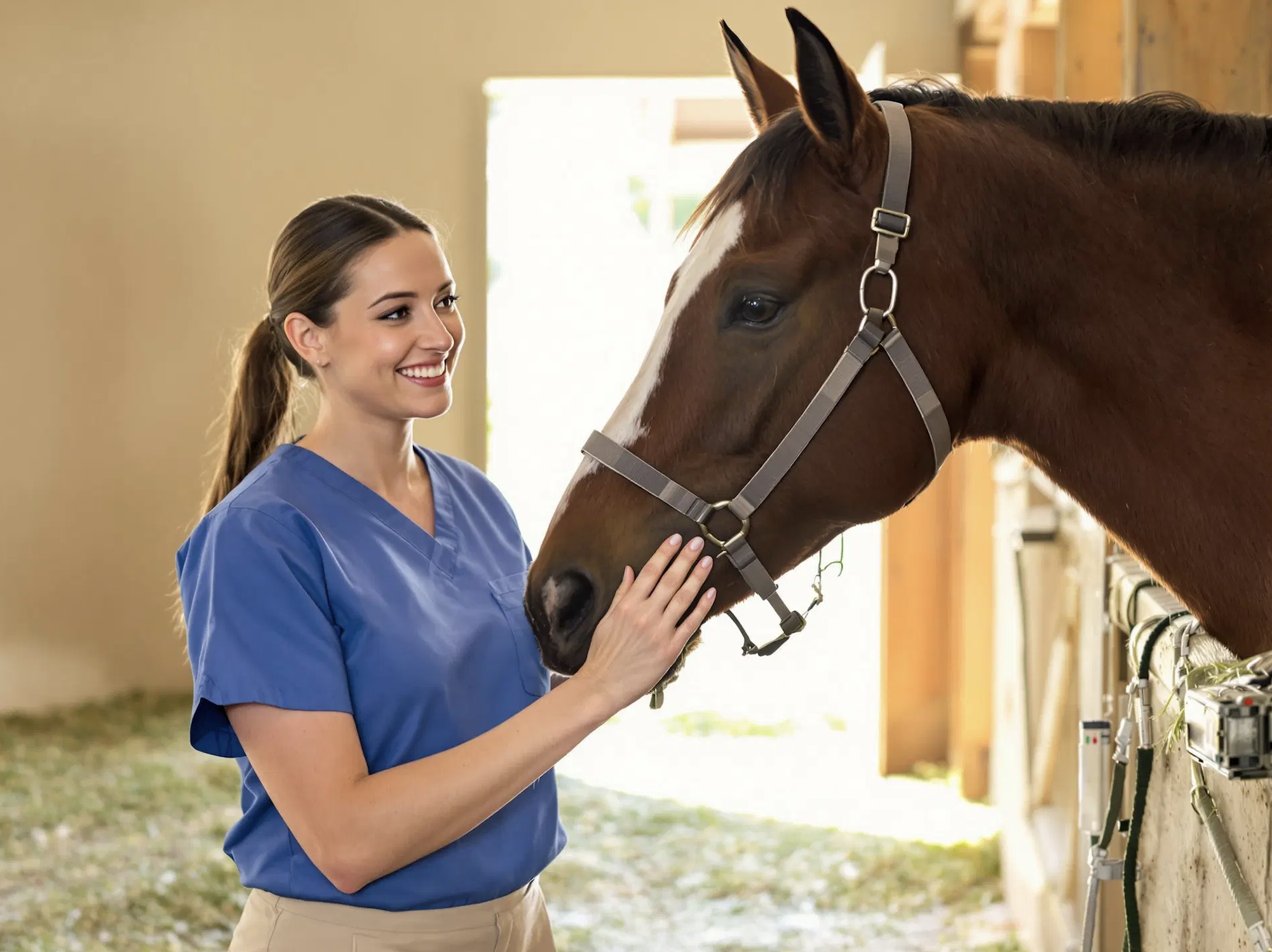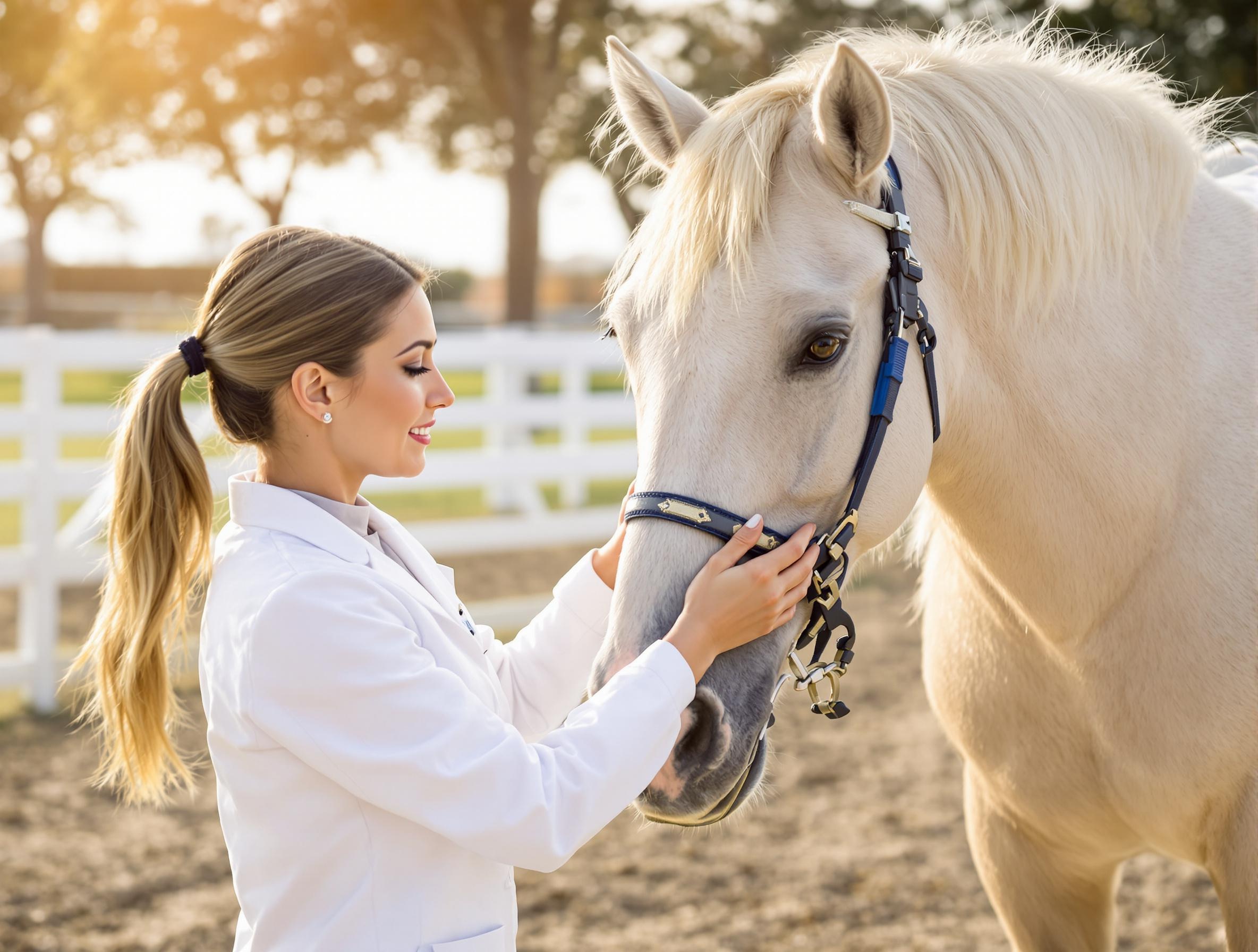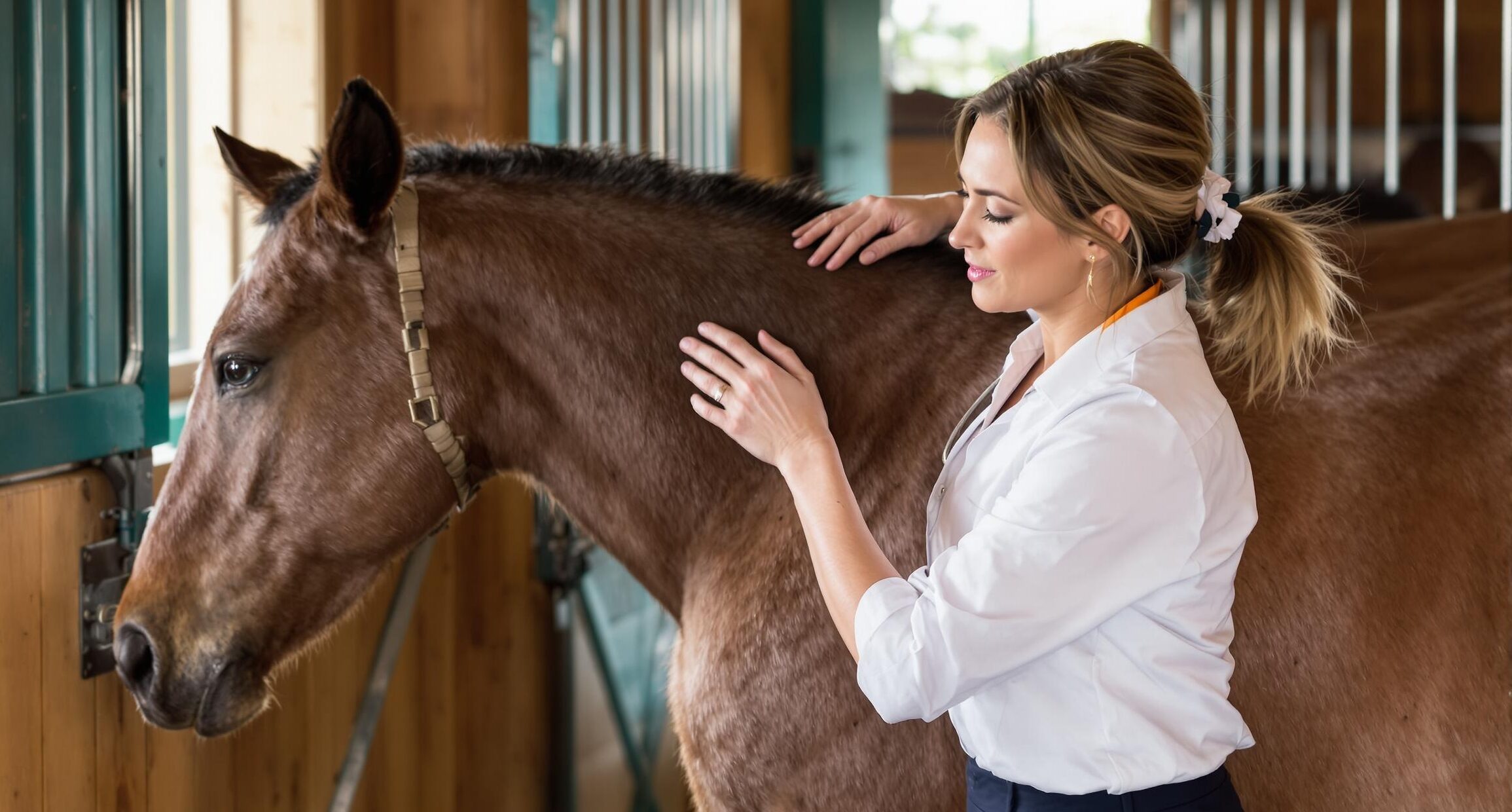Why Does My Horse Have A Runny Nose?
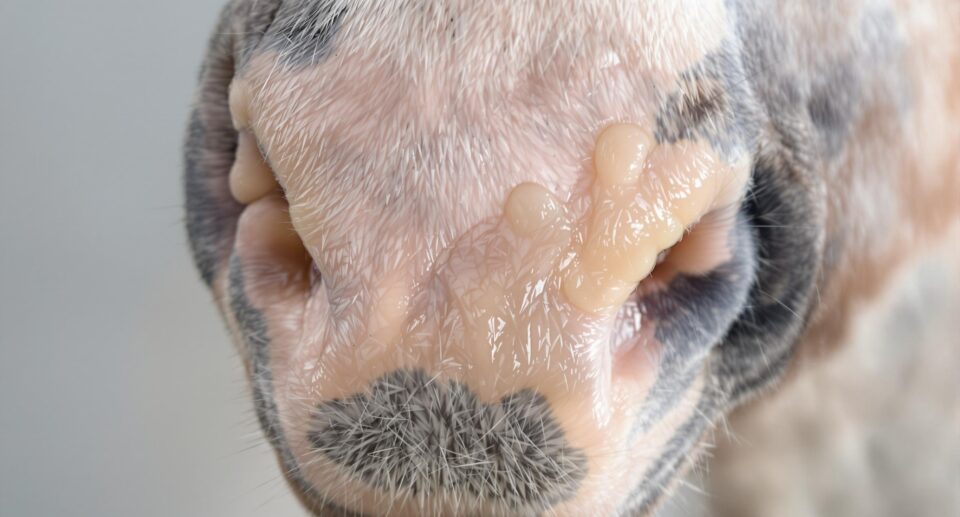
Mucus serves many purposes, even for healthy horses. It traps bacteria and debris, serves as a protective barrier for the respiratory system, and prevents your horse from getting sick. When produced in excess, it also serves as a strong visual indicator that your horse may be feeling unwell. Here’s what you should keep in mind when your horse has a runny nose.
Runny Nose With Clear, Watery Discharge
If you notice clear, watery discharge coming from both nostrils, it’s usually in response to dust or pollen irritating your horse’s airways. This is usually normal and requires no further action on your part. In this case, the mucus is doing its job – protecting your horse’s airways from irritants in the environment.
Discharge From One Nostril
When your horse has discharge coming from just one side of their nose, it means that the fluid is coming from within their head, rather than from their airways. It can mean that your horse has a sinus issue or guttural pouch infection, and it can also indicate a tooth root issue. Both are serious issues, typically requiring a CT scan to diagnose the source of the discharge, so you should call your vet right away rather than attempting to treat the issue at home.
Runny Nose With Yellow Or Green Discharge
If your horse has thick, yellow or green discharge, they most likely have a contagious respiratory tract infection like the common cold, equine influenza, or strangles.
Horses suffering from a respiratory tract infection may have a fever. They may also be lethargic and may have a decreased appetite. In horses with strangles (also known as equine distemper), swollen lymph nodes are common.
Upper respiratory tract infections in horses usually resolve on their own in a few weeks. In the meantime, your horse will be contagious, so you will need to isolate them from other horses in the barn. Your horse can also shed bacteria and viruses a few weeks after they have recovered.
Some horses need antibiotics when a respiratory infection does not clear up on its own. Call your veterinarian if your horse’s fever is especially high (over 104.5°) or persists for more than 3-4 days, or if their runny nose and cough do not improve or worsen after 3-4 days.
When A Runny Nose Might Be Something Serious
Foals and older horses should be carefully monitored as they are at higher risk for complications due to upper respiratory infections. If your horse of any age has trouble breathing, a rapid heart rate, bloody nasal discharge, or otherwise seems to be in distress, seek veterinary attention as soon as possible.

